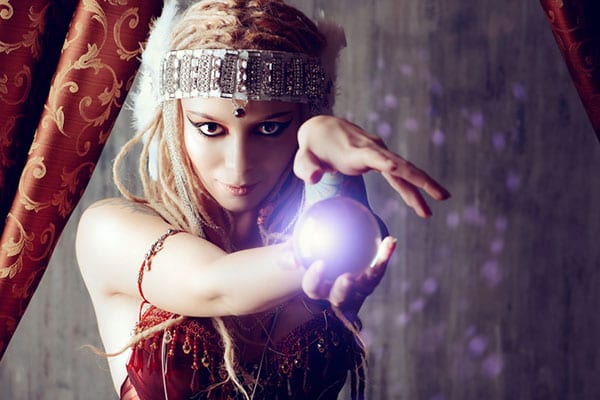Believing in fate, honouring the Fates
Believing in fate, honouring the Fates
Believing in fate, honouring the Fates
-
Hannah
-
Hannah


In my latest novel Legacy, the male protagonist, Ruy, is a man faced with two legacies: that of his mother, Luz, who is descended from a respected and noble Andalucían family, and that of his father, Andrés, whose mother was an infamous and powerful gypsy queen.
It would be all too easy for, as one of the characters in the novel puts it, ‘The mixed gajo and Caló blood that runs in Ruy’s veins [to] pull him in different directions.’ But in fact, Ruy has reached a point in his life where he embraces both sides of his heritage:
* He is an eminent physician, with his own clinic treating cancer patients, and he assimilates easily into the mainstream Andalucían culture.
* He is an active member of the gypsy community – a flamenco guitarist, and a healer, having been taught herbal, alternative, medicine by the talented healer La Pharaona.
The balance Ruy has created in his life between the two different sides of his heritage has not come easily; his was a tortuous and painful journey. But it has opened new doors for him. Professionally, he is able to blend the two forms of medicine at his clinic, with impressive results. Personally, he has come to have a peaceful acceptance of his place in the universe and a faith in how that universe works: he has come to embrace some of the beliefs and traditions of his gypsy grandmother and bring these into his daily life.
Most notably, Ruy believes in more than cold, hard facts; he believes in fate, and he believes in the power of ancient traditions. This is most evident when he initiates a ritual at the gypsy camp when a new baby is born.
A cradle made of bamboo was brought out. The matron handed Ruy three sprigs of garlic and three pieces of bread, which he placed underneath the mattress. Then, dipping his finger in the hot cinders, he marked the child’s forehead with a semi-circular sign illustrating the moon…
‘The garlic and the bread are for the three goddesses of fate. El Mèdico has explained to us that this tradition we have comes from the ancient legends of Greece. The first goddess spins the thread of life for each person with her spindle, the second measures it with her rod, and the third determines when and how it should be cut. El Mèdico is very knowledgeable. El es un hombre sabio y un curandero, he is a wise man and a healer.’
Of course, being a man of learning, Ruy has an academic interest in the gypsy traditions, and he has researched them. In this case, the ritual goes all the way back to Ancient Greece, when people believed that three sister goddesses – Clotho, Lachesis and Atropos, known as the Moirai or the Fates – controlled aspects of life. At birth, they ‘spun out’ a person’s destiny: spinning, measuring out and then cutting the thread of life. Honouring these goddesses then with an offering at a child’s birth is wise, therefore, so that they bestow a good fate on the child (and look more kindly on any deviation the child may make someday from his prescribed course).
The heroine of Legacy, Luz, struggles greatly with Ruy’s faith in fate, and indeed on all traditions connected to ‘the other’. The gypsy culture seems one of arcane symbolism and superstition – it is alien to her and, consequently, frightening. But as she watches Ruy perform rituals for the new baby, she feels ‘an odd stirring inside too, as though some inner part of her was reaching out to it all, like a hungry sapling seeking the sun’.
The odd stirring – could it be fate? The inkling of a destiny laid out for Luz at birth? I have written before on the legend behind the Andalucían Nights series, the one that Ruy believes will draw he and Luz together, and fate lies at its very heart (see https://hannahfielding.net/staging/1129/the-legend/). But will Luz come to see their love from his perspective? Ultimately, which viewpoint will win out?
‘Do not be afraid; our fate / Cannot be taken from us; it is a gift.’ ― Dante’s Inferno
‘I am the master of my fate: / I am the captain of my soul’ – William Ernest Henley’s Invictus